Last week, I trekked 90 miles to challenge the Ohio Redistricting Commission to finally live up to the responsibility Ohio voters bestowed upon them. Sadly, if not surprisingly, they didn’t take up my challenge. They just couldn’t do it.
Instead, early this week, the Commission approved yet another round (#6 for those keeping count) of gerrymandered and illegal maps for Ohio's statehouse and state senate, and the way got there was equally inappropriate. It’s the latest travesty in the long road of lawless and rigged district-drawing.
As I explain in the video above, the outcome directly contravenes the requirements of the Ohio Constitution and the multiple rulings of the Ohio Supreme Court (back when it was independent) outlining those requirements. And it’s another slap in the face to the voters of Ohio, who demanded far better when they amended our Constitution in the first place.
Specifically, the new map results in districts that:
1) are not anywhere close to proportional to the voting outcomes of Ohio across the state. According to the Ohio Supreme Court, proportional maps would lead to at least 45D seats in the House and 15D seats in the Senate. But here’s what the new maps do:
Like I said, not even close!
2) lean in one party’s favor (by allocating most of the competitive seats to the Democratic Party to defend, something a neutral map would not do); and
3) are less competitive across Ohio than even the 2022 districts.
As I explain in my books, that lack of competition (3 Republican toss-ups in the whole state!) breeds lack of accountability, which is the root cause of so much of the extremism, dysfunction, declining outcomes and endless corruption (#1 in America) our great state is enduring. The incentives are truly warped in these unaccountable places:
To give a sense of what the districts look like, here’s the Cincinnati area map:
Here’s what the Dayton area now looks like:
Here’s what the Akron area looks like:
Here they are carving up Athens County:
Closed- Door Meetings.
The final negotiation that led to all this took place in closed-door meetings that violated both the Constitutional language and Commission Rules requiring that the Commissions’s meetings be in public and adhere to the Sunshine Law of the state.
Here are those requirements, spelled out as clear as day:
Constitution:
The violation of these bedrock rules is what allowed the process to go off the rails. It’s a painful reminder of why the public meeting requirement is so central to the undertaking of the public’s business—open meetings police against bad-faith behavior and strong-arming, which the Republican majority clearly engaged in here once out of the public eye.
BTW, the remedy for a Sunshine Law violation is that any action agreed upon behind those closed doors is invalid—even if later voted on in public session. ORC 121.22(H). I hope some lawyers take a close look at that here. That may be something even an unfriendly court would consider acting on.
And to make this all worse, the guy who led these closed-door negotiations was the State Auditor himself, the statewide official whose job includes policing open meetings and sunshine law violations. He has a page of his website dedicated to his Open Government Unit, (hey Mr. Auditor, is this something the Open Government Unit can look into?) and not long ago, he referred a number of Cincinnati City Councilmembers for prosecution for violating the very same rules he flouted here. In other words, he knew exactly what he was doing.
OK, that’s all the bad news.
What’s the good news?
What just happened here is as clear a confirmation as I can imagine that Ohio politicians are simply incapable of managing this process in good faith or in compliance with the law. And it comes just as a reform effort is building momentum across the state.
For close to three years, Ohio’s politicians have had the opportunity to fulfill the responsibility the voters gave them to shape Ohio’s democracy, and over those years, they’ve proven they can’t be trusted. Six different times now, they’ve shown that they will instead strong-arm, cheat, break rules and laws—even defy court rulings—to get their way and seal themselves off from accountability. They’ll do this in secret when it benefits them, or in the open if needed. They just don’t care.
Which is why I remain more energized than ever to support the reform effort for 2024, which like Michigan and other states, will fire the politicians from the Redistricting Commission, and replace them—once and for all—with citizens who won’t be diverted from the mission by self-interest and short-term biases and political considerations.
Here is the League of Women Voters summary of the moment:
In short, never has the mantra “Citizens, Not Politicians” rang more true.
But it’s also never been more important that we succeed. Because if we don’t pass this reform as early as 2024, we will be stuck with the terrible map that passed this week for the rest of the decade. And in the future, they’ll do what we just witnessed (the parts we were allowed to witness, anyway) every single time—claiming that “it worked,” as they already are saying.
We simply can’t let another decade go by in this state with neither democracy nor accountability at the legislative level. The damage that’s accumulated over the past decade+ is already too great as it is. I don’t know about you, but I’m getting too old for this sh#t to keep lingering on, year after year.
No more!
Here’s the website of the organization putting the effort together, where you can sign on to help: Citizens. Not Politicians!
And I will keep everyone posted as things move forward.
Onward we go!
Never stop fighting for democracy.




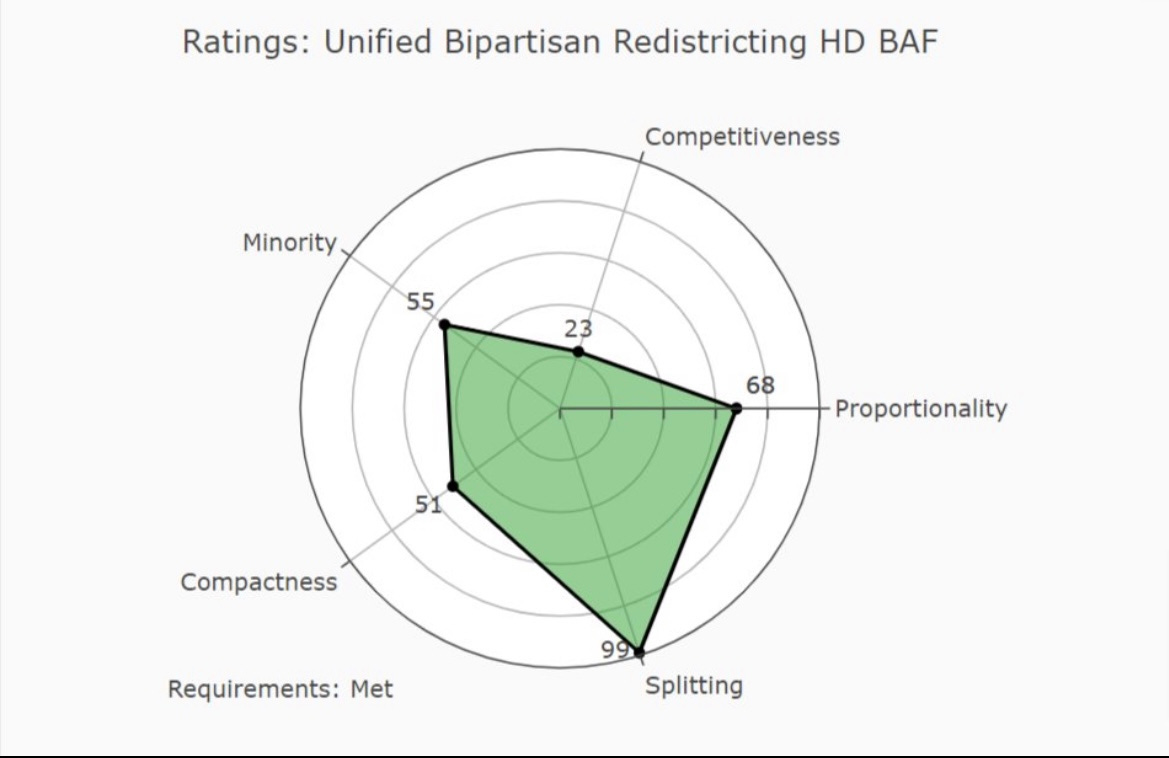
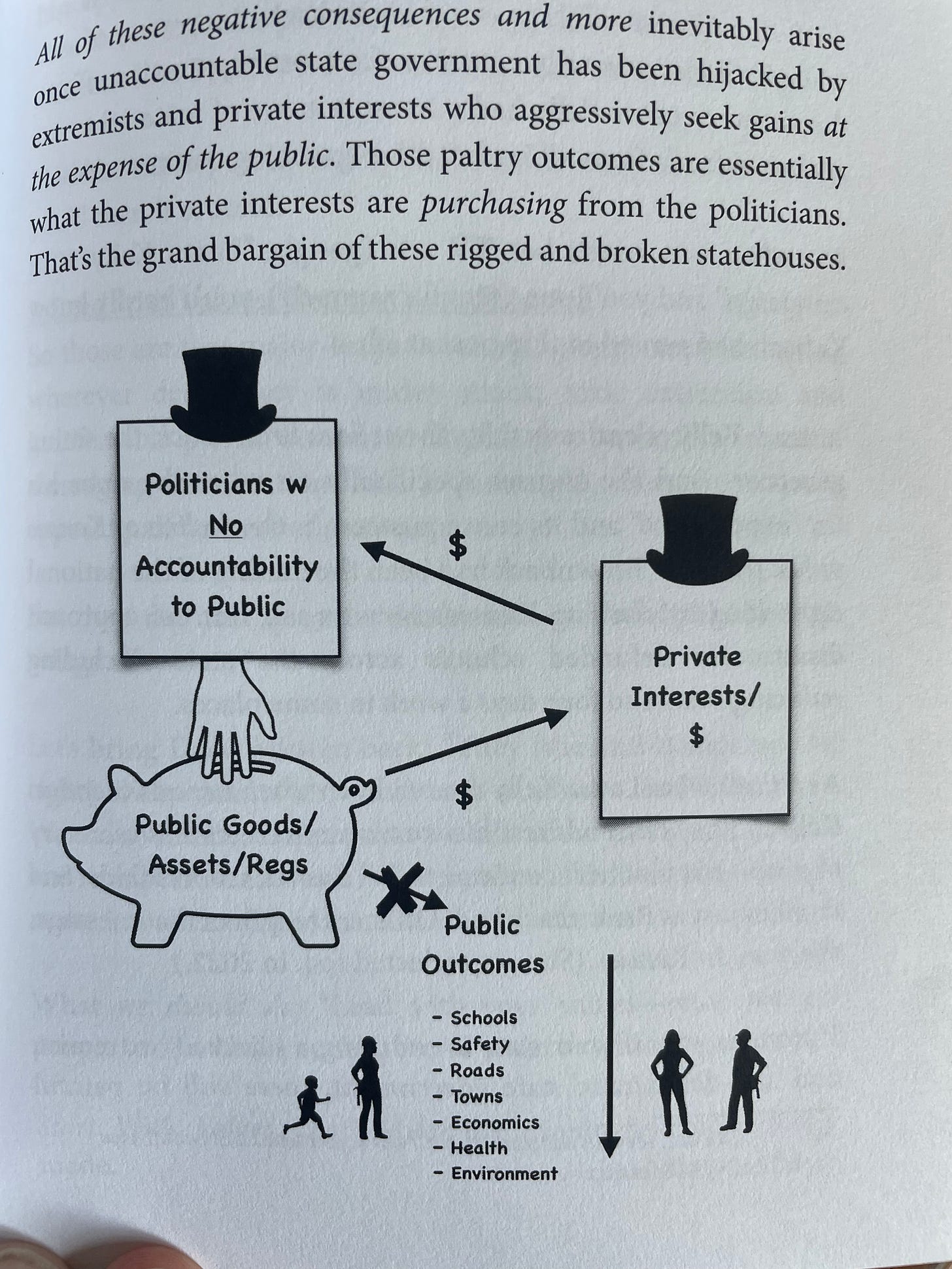
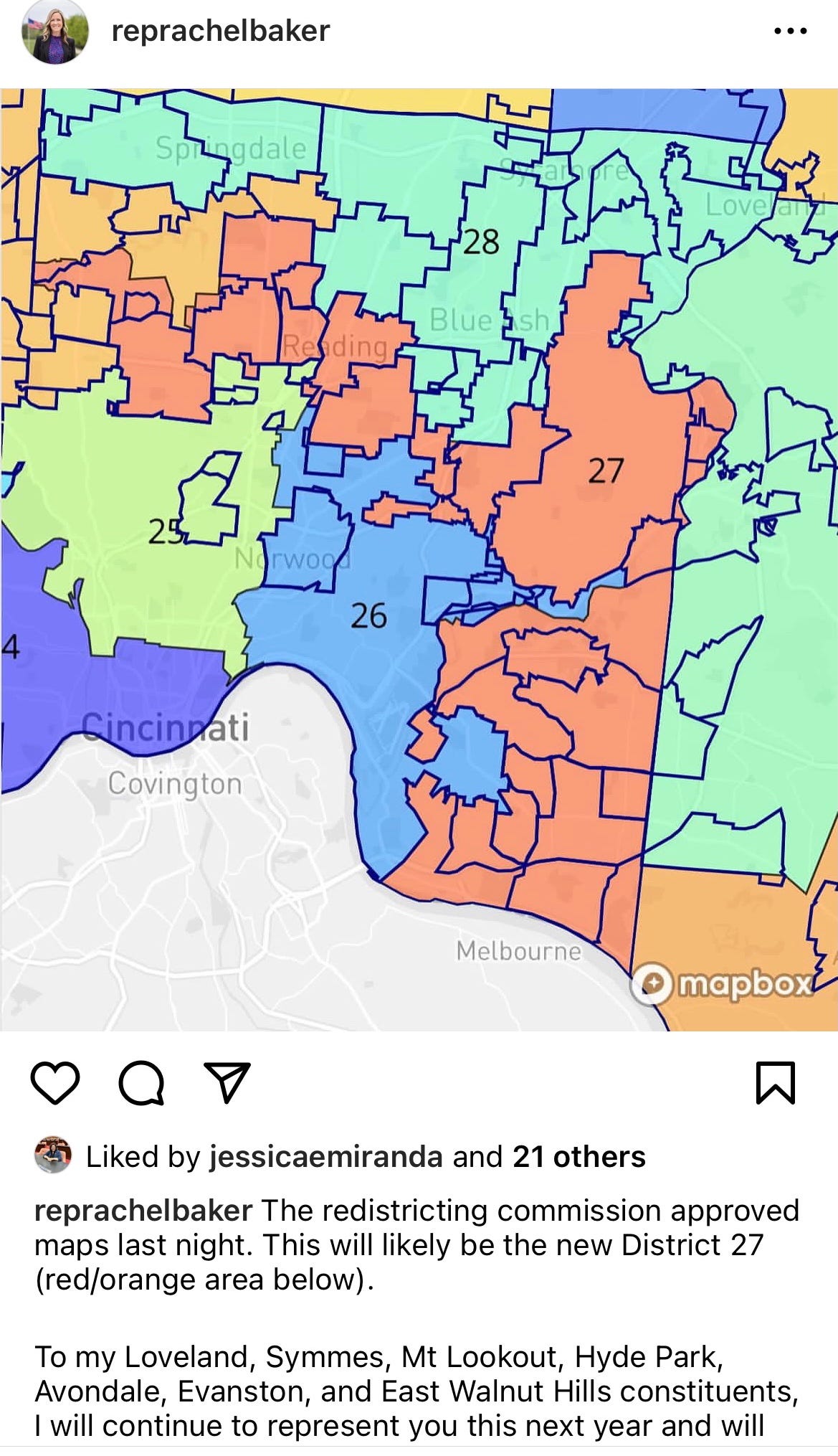


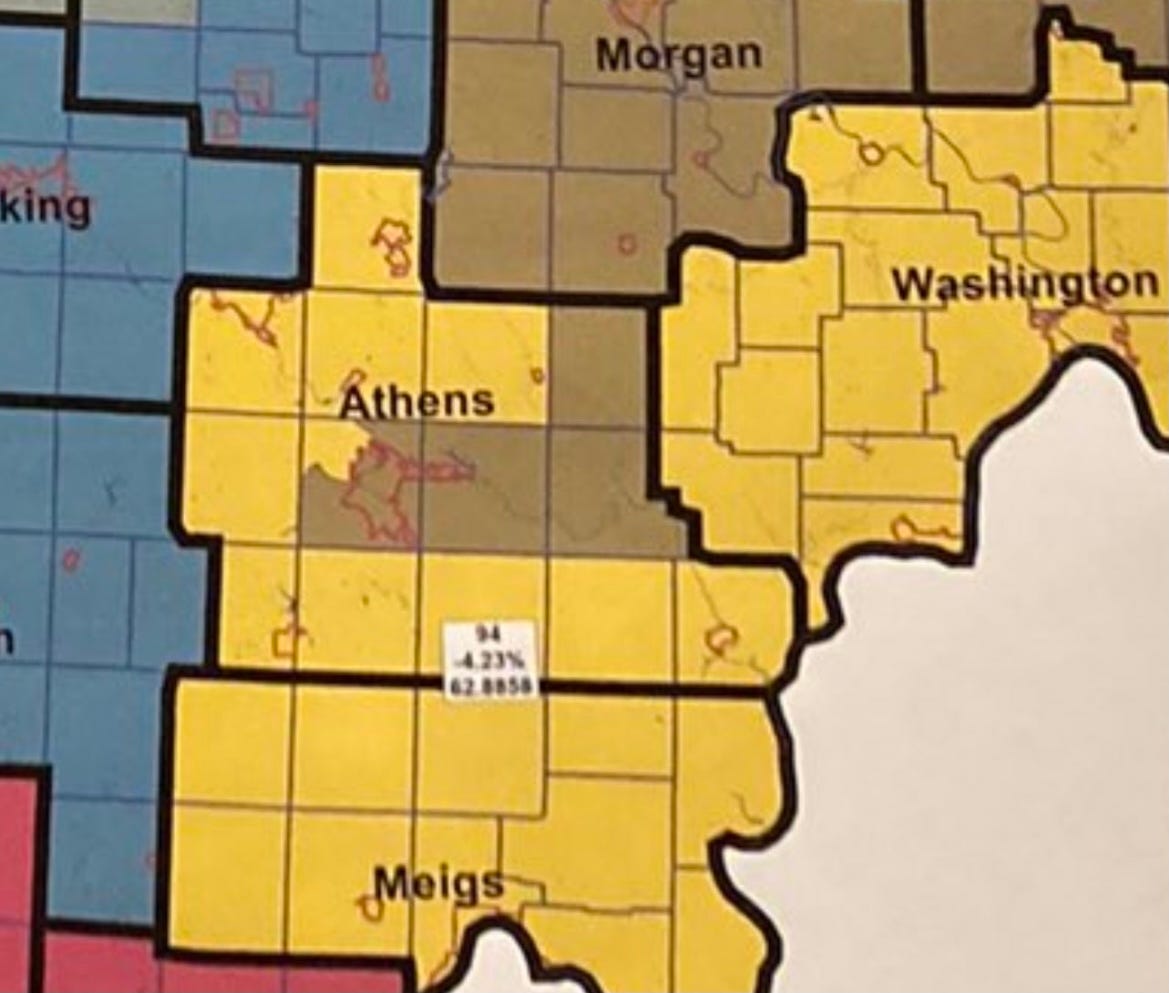
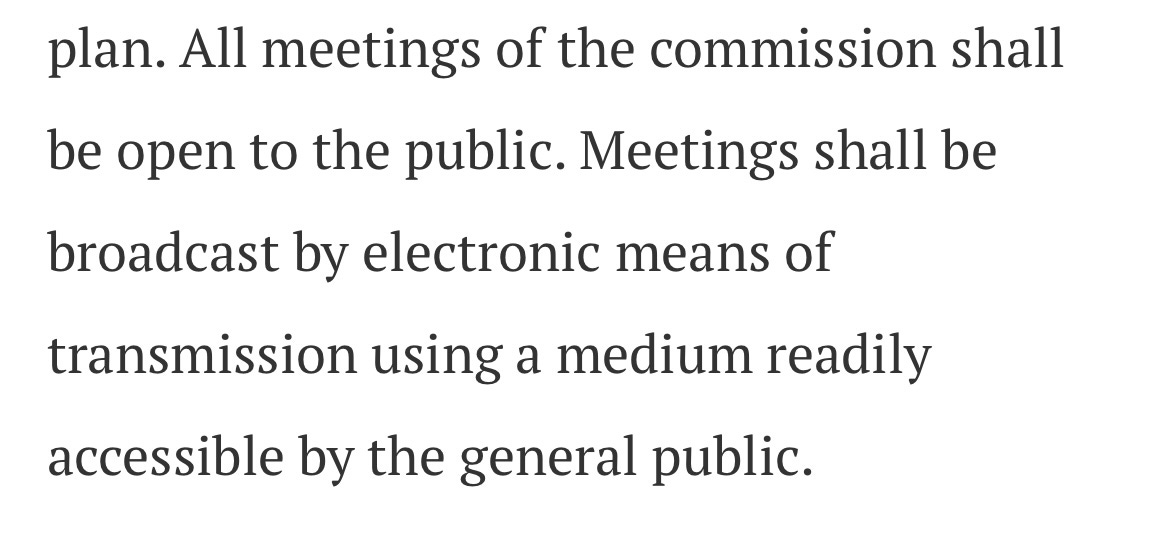

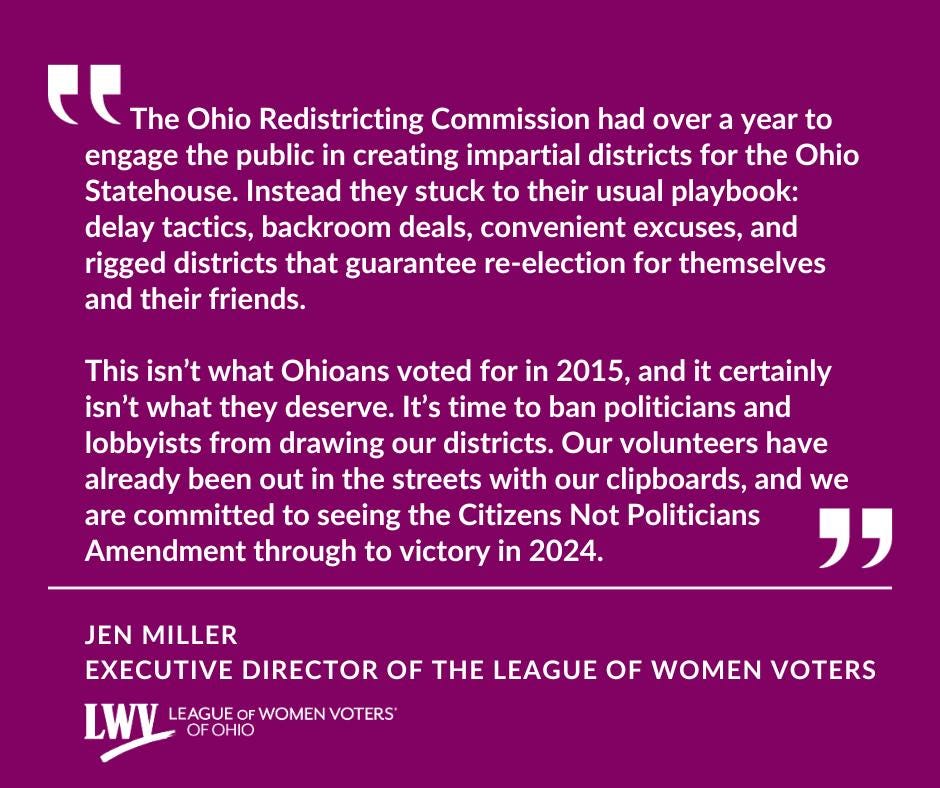


Update and Analysis: Another Travesty in Ohio